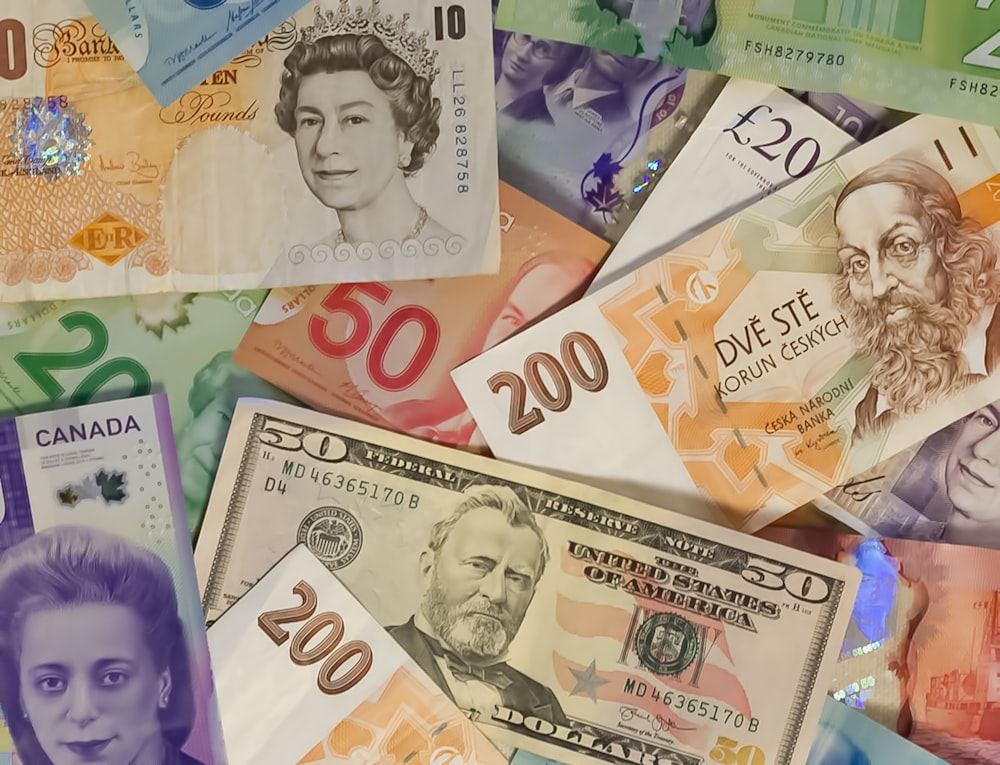

The EUR/USD currency pairTechnical indicators of the currency pair:
Stronger demand for the dollar at the end of the quarter and month contributed to the decline in EUR/USD quotes. Pressure on the euro was also exerted by dovish comments from ECB Governing Council representative Müller, who expressed confidence that the ECB may start cutting interest rates in June. The ECB is 94% likely to cut rates in June, while the US Fed is 74% possible. Thus, both central banks plan to start the downward cycle in June. Since expectations are about the same, EUR/USD pricing will not change much in the median term.Trading recommendations
The EUR/USD currency pair’s hourly trend is bearish. Yesterday, the price corrected slightly above 1.0850, after which it went down. Currently, the price is trading below the moving averages, with buyers not showing initiative in the demand zone. Under such market conditions, we should expect further price decline. If the price consolidates below resistance levels of 1.0843 and 1.0827, we can consider selling. There are no optimal entry points for buying right now.Alternative scenario: if the price breaks through the resistance level of 1.0923 and consolidates above, with a high probability the uptrend will be resumed.  There is no news feed for today.
There is no news feed for today.
The GBP/USD currency pairTechnical indicators of the currency pair:
One of the ardent hawks on the Bank of England’s Monetary Policy Committee (MPC) is Catherine Mann, and she recently explained why she is no longer voting for a rate hike. Mann believes that market expectations for a rate cut are too high. She noted that wage dynamics in the UK are stronger than in the EU and the US, which she believes makes it impossible to argue that the Bank of England will be ahead of both countries when cutting interest rates. This could give a head start to the British currency in the medium term against the euro and the dollar.Trading recommendations
From the point of view of technical analysis, the trend on the GBP/USD currency pair on the hourly time frame is bearish. Yesterday, the price reached the resistance level of 1.2653, after which the price returned to the downside. At the moment, the price is trading below the moving averages, and the MACD indicator is in the negative zone. The support level of 1.2622 did not show the reaction of buyers. Under such market conditions, the price is expected to decline further to 1.2583 on a retest.Alternative scenario: if the price breaks through the resistance level at 1.2803 and consolidates above it, the downtrend will likely resume.  There is no news feed for today.
There is no news feed for today.
The USD/JPY currency pairTechnical indicators of the currency pair:
The Japanese yen fell to 152 per dollar, dropping to the lowest level since 1990. Traders bet that the Bank of Japan’s monetary policy will remain accommodative for some time despite the BoJ moving out of negative interest rate territory. Meanwhile, the weakening yen prompted fresh verbal intervention from the authorities. Japan’s Finance Minister Shun’ichi Suzuki said he did not rule out any measures to curb the weakening yen. In contrast, chief currency diplomat Masato Kanda noted the currency’s weakening did not reflect fundamentals and called recent moves speculative. The probability of intervention is increasing.Trading recommendations
From a technical point of view, the medium-term trend of the currency pair USD/JPY is bullish. The price reached the resistance level of 151.90, and sellers reacted moderately. In turn, buyers have built a support zone below 151.58. This zone can be used for intraday buying, but with a short stop. The divergence in the MACD indicator indicates some weakness in buying, and given the likely intervention, traders should be cautious about buying at these prices. If the price consolidates below 151.58 intraday, traders can consider selling with a stop above 151.90.Alternative scenario: if the price breaks and consolidates below the support level of 150.34, the downtrend will likely resume.  There is no news feed for today.
There is no news feed for today.
The XAU/USD currency pair (gold)Technical indicators of the currency pair:
Gold held above $2,170 per ounce on Wednesday after increased volatility in the previous session. Gold found support from comments from ECB Governing Council representative Müller, who expressed confidence that the ECB may start cutting interest rates at its June meeting. In addition, Tuesday’s decline in global bond yields supported precious metals. Investors are now directed to the US PCE price index report, which is the Fed’s preferred inflation gauge and will be released on Friday.Trading recommendations
From the technical analysis point of view, the trend on the XAU/USD is bullish. Yesterday, the price unexpectedly jumped to 2200, but sellers quickly brought the price back to the moving average and trend line. Intraday selling pressure is intensifying, so it is highly likely that the price will continue to decline. Selling can be considered when the trend line is broken. Selling can also be considered from the resistance level of 2186. There are no optimal entry points for buying right now.Alternative scenario: if the price breaks below the support at 2149, the downtrend will likely resume.  There is no news feed for today.More By This Author:Japan May Conduct Currency Intervention Shortly Analytical Overview Of The Main Currency Pairs – Tuesday, March 26Trade Restrictions Between The US And China Are Intensifying
There is no news feed for today.More By This Author:Japan May Conduct Currency Intervention Shortly Analytical Overview Of The Main Currency Pairs – Tuesday, March 26Trade Restrictions Between The US And China Are Intensifying
















